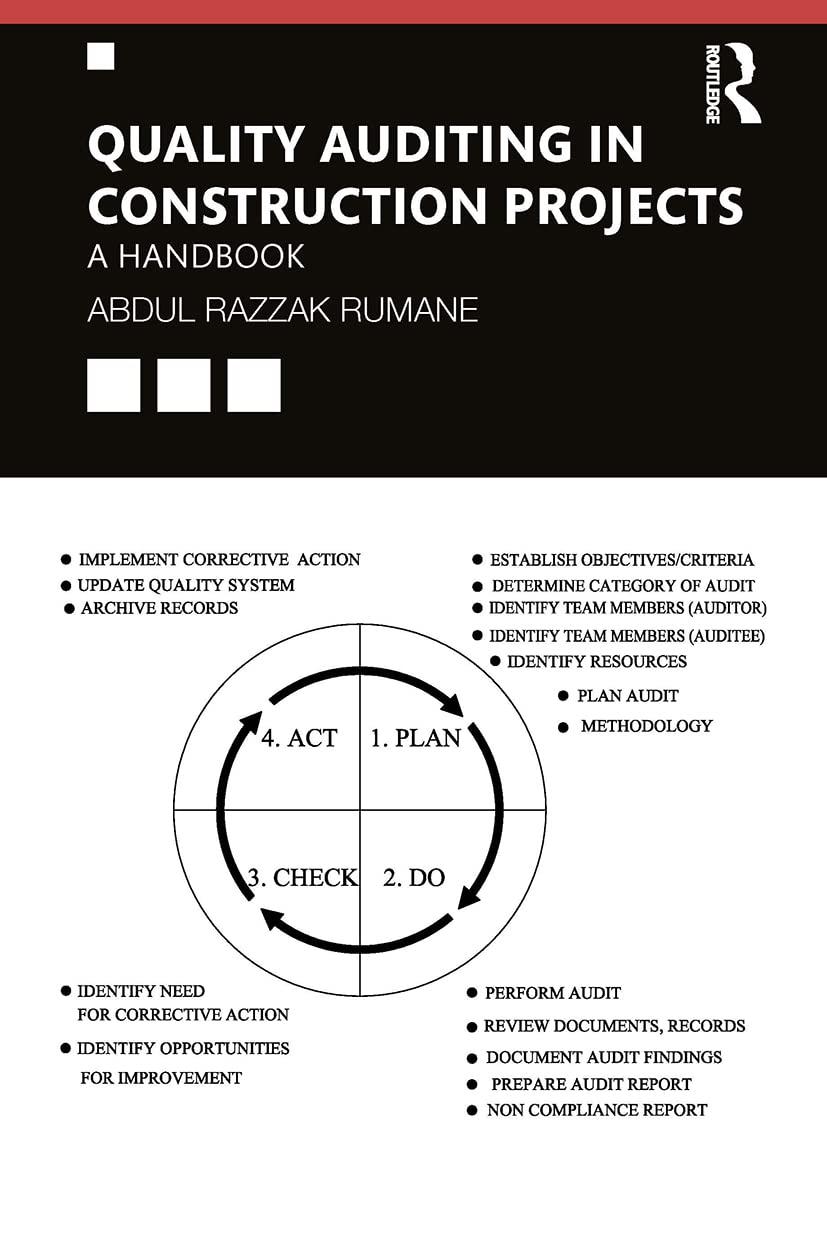With respect to each nursing diagnosis, suggest four nursing interventions with corresponding rationales and literature support.
The guidebook of Carpenito-Moyet, L. (2017). Nursing Diagnosis: Application to clinical practice (15th ed.). Philadelphia, PA: Wolters Kluwer is recommended.




Scenario: 5 6 7 \begin{tabular}{|l|l|} \hline \multicolumn{2}{|l|}{ Peripheral vascular } \\ \hline Upper extremities: & Equal in size bilaterally. Warm to touch without oedema, bruising or lesions. Both radial and brachial pulses are present and equal bilaterally. \\ \hline Lower extremities: & Skin intact. Warm to touch but pitting oedema 2+ noted. Femoral pulses, dorsalis pedal pulses and posterior tibial pulses are all present and equal bilaterally. \\ \hline Neurologic & Cranial nerves I to XII grossly intact. Patient has normal speech and facial appearance. He has no difficulties in eyes movement, hearing, chewing, and swallowing. \\ \hline Cranial nerve examination: & Muscle symmetry bilaterally and size appropriate for age. Tone normal with even resistance to movement. Gait balance with Romberg test negative. \\ \hline Motor and cerebellar examination: & Light touch sensation intact over arms, forearms, hands, chest, and thighs. Vibration and Kinesthesia test normal. Stereognosis and Graphesthesia intact. \\ \hline Sensory status examination: & He has no involuntary muscle contractions. Stretch and Deep Tendon Reflexes including biceps, triceps, brachioradialis, quadriceps, achilles, clonus and plantar are all normal. \\ \hline Reflexes: & \\ \hline \end{tabular} Scenario: 5 6 7 \begin{tabular}{|l|l|} \hline \multicolumn{2}{|l|}{ Peripheral vascular } \\ \hline Upper extremities: & Equal in size bilaterally. Warm to touch without oedema, bruising or lesions. Both radial and brachial pulses are present and equal bilaterally. \\ \hline Lower extremities: & Skin intact. Warm to touch but pitting oedema 2+ noted. Femoral pulses, dorsalis pedal pulses and posterior tibial pulses are all present and equal bilaterally. \\ \hline Neurologic & Cranial nerves I to XII grossly intact. Patient has normal speech and facial appearance. He has no difficulties in eyes movement, hearing, chewing, and swallowing. \\ \hline Cranial nerve examination: & Muscle symmetry bilaterally and size appropriate for age. Tone normal with even resistance to movement. Gait balance with Romberg test negative. \\ \hline Motor and cerebellar examination: & Light touch sensation intact over arms, forearms, hands, chest, and thighs. Vibration and Kinesthesia test normal. Stereognosis and Graphesthesia intact. \\ \hline Sensory status examination: & He has no involuntary muscle contractions. Stretch and Deep Tendon Reflexes including biceps, triceps, brachioradialis, quadriceps, achilles, clonus and plantar are all normal. \\ \hline Reflexes: & \\ \hline \end{tabular}










